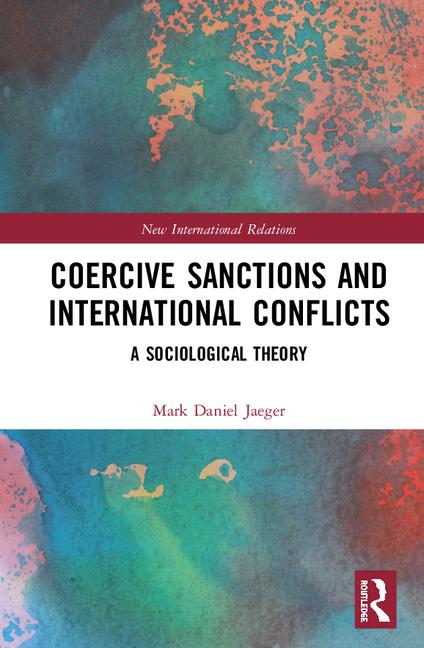Cooperation or Non-cooperation? An Attempt to Conceptualize Economic Sanctions in Global Political Conflicts
DOI:
https://doi.org/10.22029/ko.2019.240Abstract
The book Coercive Economic Sanctions and International Conflicts: A Sociological Theory by Mark Daniel Jaeger examines the social conditions within sanctions conflicts that lead either to cooperation or non-cooperation. The main assumption of the work is that coercive economic sanctions should be understood as relational, socially constructed facts and that conflicts over sanctions, as discursive conflicts, result from incompatibilities of interest (issue conflicts) or identity (identity conflicts). Based on the premises of Luhmann’s social systems theory and securitization theory, the author creates a theoretical model that seeks to explore the conflicts’ (de-)escalation from a sociological perspective. The study is based on case studies of sanctions conflicts between Mainland China and Taiwan as well as between the US and Iran over the Islamic Republic’s nuclear program. The research has demonstrated that depending on the combination of different sanctions regimes (positive or negative) and particular sanctions policies of an initiator and the response of an addressee, the conflict may result in further securitization or de-securitization.
References

Published
Issue
Section
License
All articles (not book covers) in KULT_online from issue 50 on are published under the license Creative Commons Attribution 4.0. All published articles may be reused under the conditions of the license, particularly for commercial purposes and through editing the article (Human-Readable Summary). All authors (have) permitted the publication under the above mentioned license. There is no copyright transfer towards KULT_online. For all book covers specific rights might be reserved, please contact the respective publisher for any lawful reuse. All contributions published in issue 1-49 of KULT_online are free available online and protected by the German Copyright Law.



